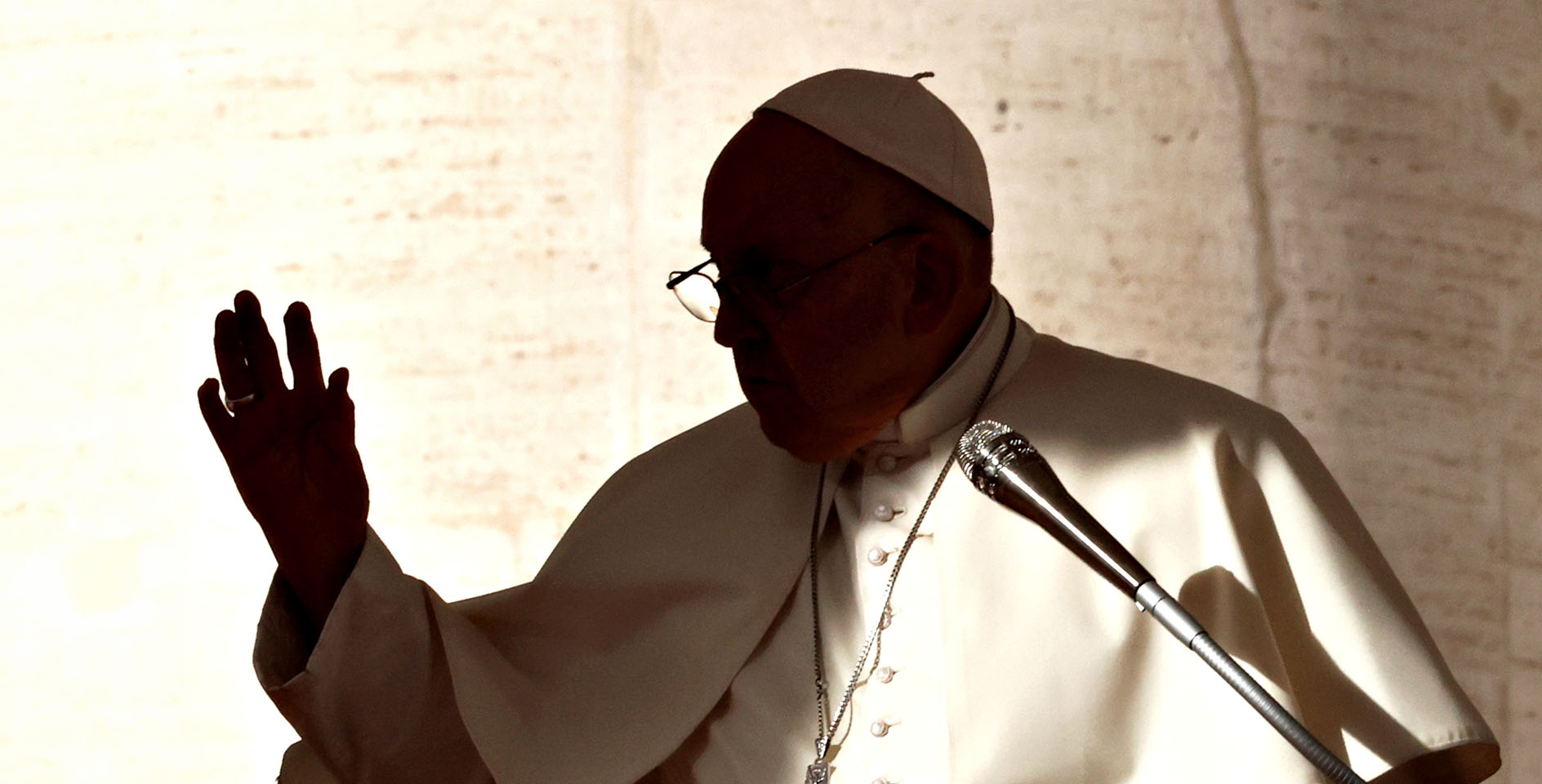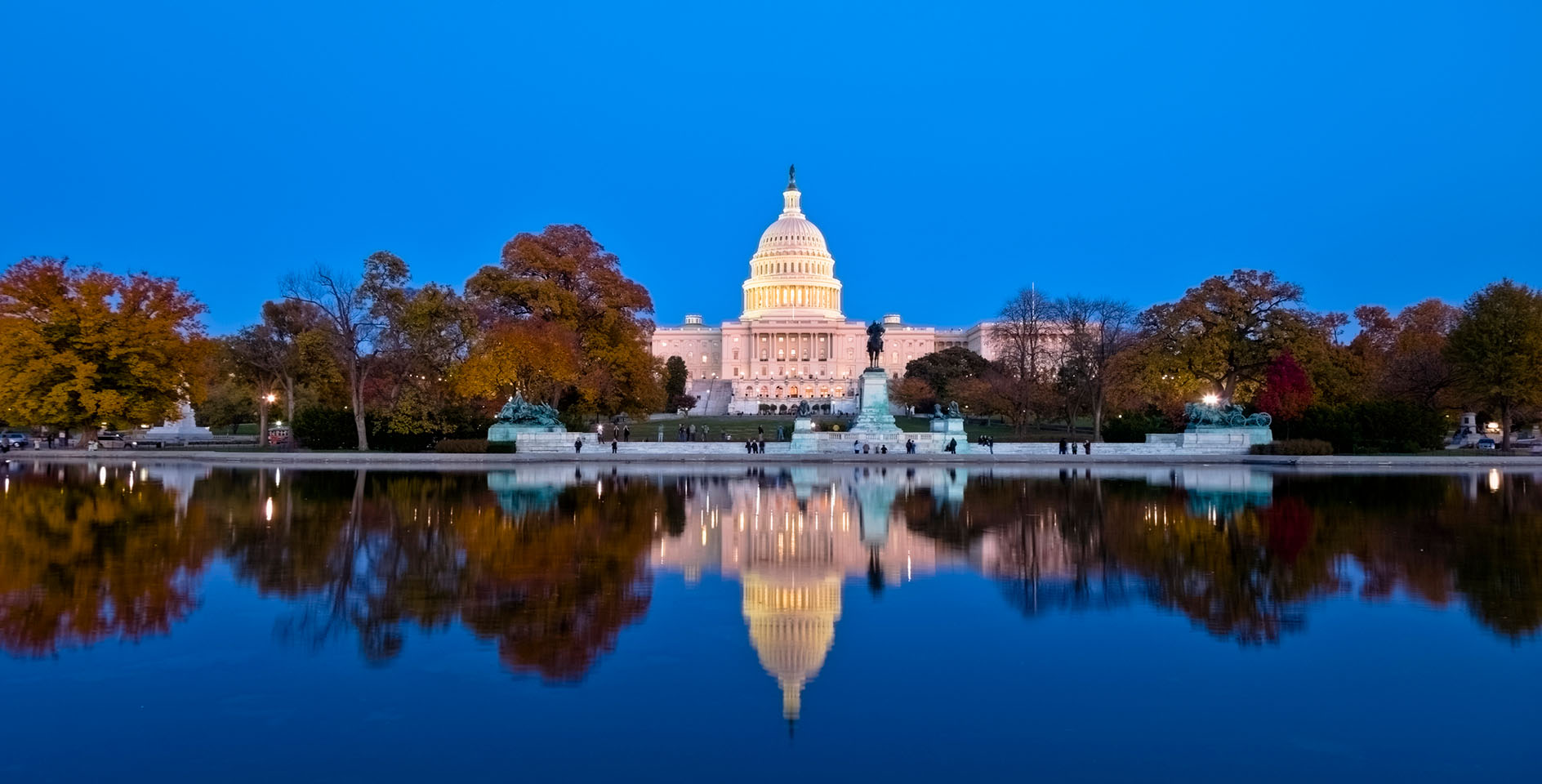The most recent major manifestation of the widespread Catholic sex abuse scandal occurred in the diocese of Pennsylvania. Investigators discovered that, over decades, numerous priests abused especially young men and that the presiding bishops covered up the accusations against them. There is also the recent open letter from Archbishop Carlo Maria Viganò, which implicated the Vatican and even the current pope for enabling the predatory sexual behavior of ex-Cardinal Theodore McCarrick against young seminarians.
Other examples of mass sexual abuse committed by Catholic clergy, again hushed by the hierarchy, have been reported in various countries around the world. The story coming out of the nation of Ireland is particularly heart-rending, for the Roman church in this traditionally Catholic nation has lost so much credibility that the political ground has shifted radically toward secular liberalism.
However, before American Protestants, including Southern Baptists, begin to think this problem does not concern us, we should take time to reconsider our presuppositions. There are numerous factors that, in contrast to the Roman Catholic context, suppress the ability of investigators to get to the bottom of the systemic problem of sexual abuse among Protestants. Immediately coming to mind are three sets of complicating factors that inhibit the gaining of adequate knowledge regarding the extent of the problem of sex abuse in Protestant churches.
The first set of complicating factors concerns the record-keeping. While Roman Catholics have centralized records that have assisted diligent investigators in tracking down the abused, the abusers, and the abettors of abuse, it would be much more difficult to prove these things in a similar size group of Protestant churches, especially among those who hold autonomous congregational polities. Because the damaging sins of some Roman Catholic clergy have been exposed, and similar numbers among Protestants have not been reported, we might presume this means Protestants are relatively guilt-free.
The sex abuse scandal among Roman Catholics should function as a wake-up call for Protestants to consider their own sex abuse problems.
A second set of complicating factors pertains to reporting and indicates this may be far from the reality. Sexual abuse by its nature is often effectively hidden from view. Because of the highly personal even shameful nature of sexuality among religious believers, sexual abuse is grossly underreported: The abused often blame themselves—they feel they were at least in part responsible, and only with hindsight and growth in social wisdom and self-awareness does this delusion begin to fall away. Again, sometimes the abused are simply not given credibility by those to whom they confide the abuse. As a result, the abused may walk away from the church or from considering real faith.
Moreover, church leaders often decide to cover up abuse in order to preserve the reputation of their institutions (or for perhaps for worse reasons). Compounding the problem is that some leaders may believe they are not accountable for their actions in these cases, simply because they could not find a Bible verse explicitly requiring them to act in this particular case in a wise manner.
Finally, it should go without saying, but sexual abusers typically do not seek to expose their own crimes. I personally know of several families, including my own extended family, who have suffered from the problem of predatory sexual grooming and child abuse in the churches, and most such instances will likely never come to public light.
A third set of complicating factors in reporting sexual abuse concerns the nature of our church polity. It is clear from stories that have recently surfaced about Protestant clergy who have sexually abused minors that their crimes were hidden simply by moving away from the church where the activity occurred. Baptists and Pentecostals and Churches of Christ, for instance, generally hold to autonomous congregational polity as a matter of conviction. If these churches do not report sexual abuse crimes to the local police, perhaps out of a misunderstanding regarding the separation of church and state, it is likely that a perpetrator will transfer his “mission field” and continue his horrific crimes elsewhere. Sexual abuse easily becomes serial sexual abuse when the perpetrator changes his address.
We could go on, but I would argue the sex abuse scandal among Roman Catholics should function as a wake-up call for Protestants to consider their own sex abuse problems. Never again should there be a little girl who reports a rape but is summarily dismissed, because people say, “Such a nice guy could never do such a thing,” and, “She has such a vivid imagination.” Never again should there be a pastor who ignores multiple warnings about a rich man grooming a lonely young man with lavish attention and gifts. Never again should there be a youth pastor who tells a young lady that he wants to pray for her, real close, encouraging her to drop her guard and allowing him to engage in inappropriate touching.
The problem we should be concerned about is not that Protestant sexual abuse might become a public scandal and that Protestants might lose public credibility. The problem we should be concerned about is that lives are permanently damaged because of our negligence to report or even willfully cover up sexual abuse. Let us pray and act, that judgment against sex abuse will begin in the Protestant church before God himself decides to restore justice, either in this life or before his throne on the Day of Judgment.










